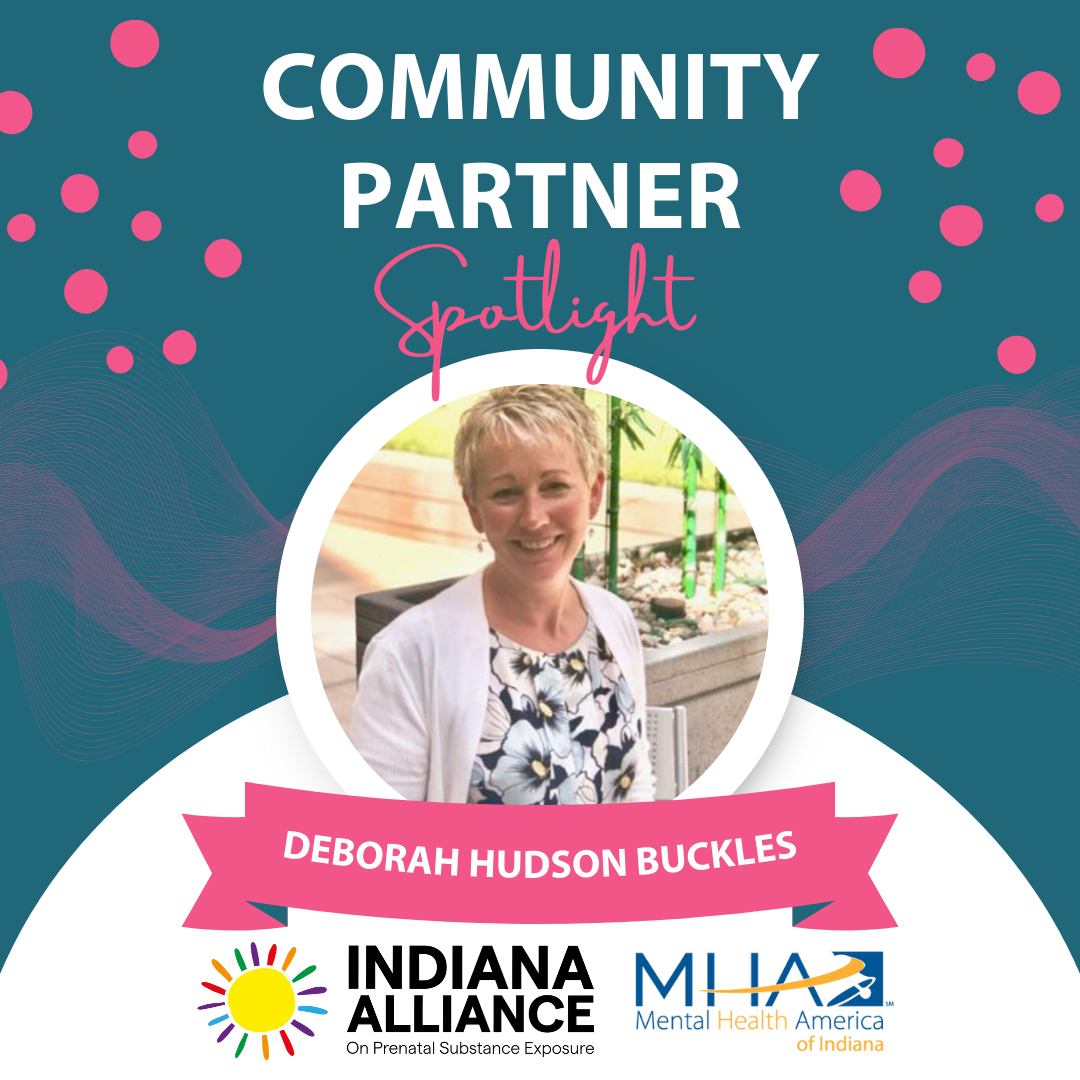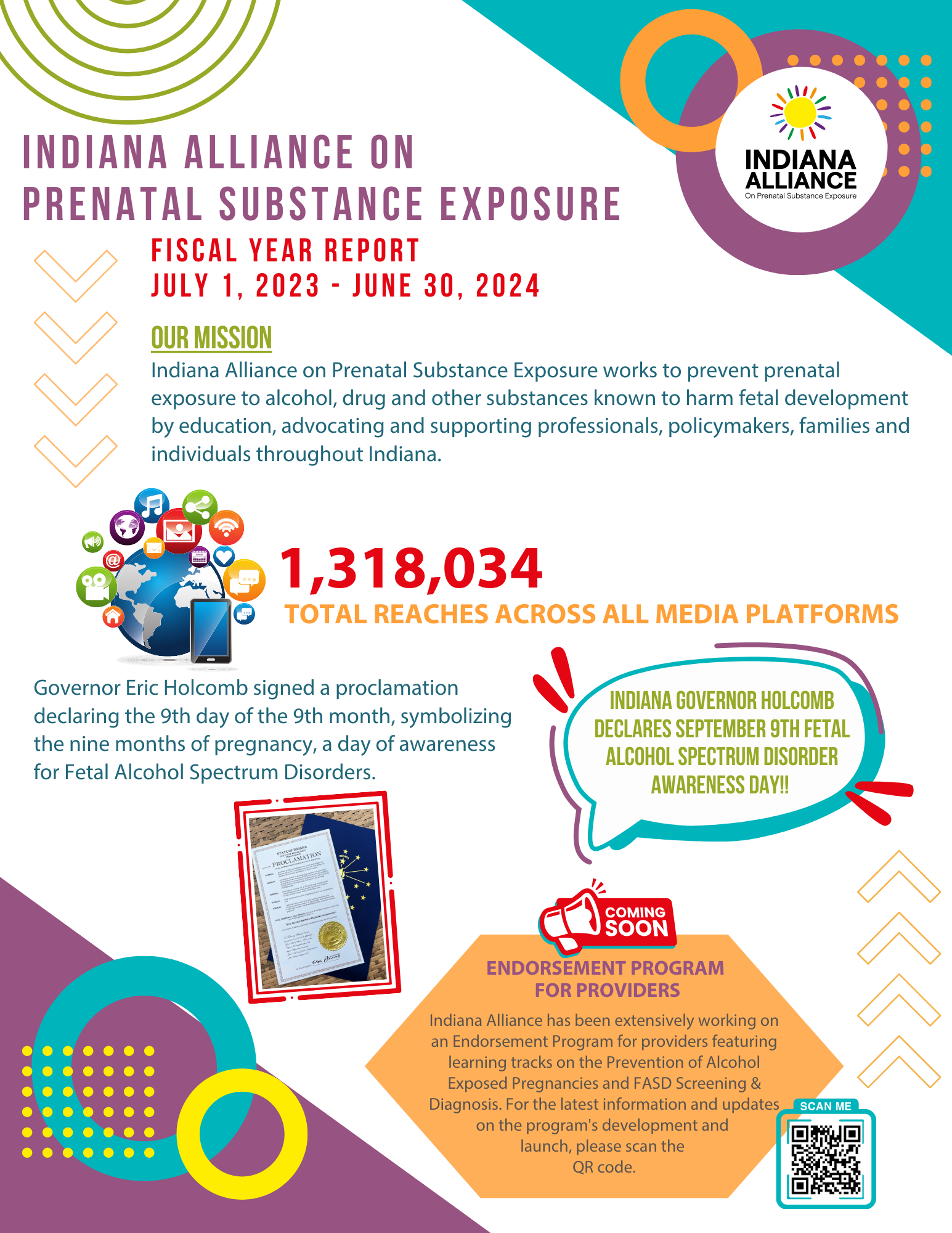Four times a year, parents and professionals gather in the Portland area to talk about the lifelong effects that a fetus can suffer as a result of exposure to alcohol. The quarterly conferences are guided by a Portland-based nonprofit: FASCETS (Fetal Alcohol Syndrome Consultation, Education and Training Services), which has been working for 17 years to offer what it calls a brain-based approach to helping families coping with fetal alcohol exposure.
FASCETS’ work may be on the way to finally gaining more recognition. The 2013 edition of the Diagnostic and Statistical Manual of Mental Disorders (DSM-5), which is the standard guide to mental disorders for U.S. mental health professionals, includes fetal alcohol syndrome for the first time. And the International Journal of Alcohol and Drug Research this year devoted an entire issue to fetal alcohol spectrum disorders (FASD), an umbrella term that Diane Malbin, FASCETS director, said encompasses the full range of the effects of fetal alcohol exposure, from “very subtle to very extreme.”
It’s not known for sure how many people live with the effects of fetal alcohol exposure. Tom Donaldson, a spokesman for the National Organization on Fetal Alcohol Syndrome, said that’s because there is little consensus on the diagnostic criteria for FASD. Donaldson did point to a 2009 study led by Philip A. May that concluded, based on in-school studies, that the prevalence of FASD in younger school-age children could be as high as 2 to 5 percent in the U.S. and some western European countries.
The federal Centers for Disease Control and Prevention estimates that in the U.S., fetal alcohol syndrome (FAS), a medical condition that is the best known of the fetal alcohol spectrum disorders, occurs in up to 2 of every 1,000 live births in the U.S. An Oregon Public Health Division spokesman, Jonathan Modie, said a statewide Fetal Alcohol Syndrome Surveillance Project that ended in 2009 estimated Oregon’s FAS prevalence rate at between 0.35 and 0.5 cases per 1,000 children.
Here are 9 things to know about FASD, FAS and fetal alcohol exposure.
1. According to the CDC, abstinence from alcohol starting before conception is the only way to prevent fetal alcohol spectrum disorders. Though women are the primary targets of FASD prevention campaigns, some research indicates that men’s alcohol consumption might affect their sperm, thus affecting their children’s genes.
2. Fetal alcohol syndrome is diagnosed with the help of specific facial traits that include small eyes, a flat philtrum (the vertical groove between the nose and upper lip), and a flat upper lip – “they don’t have that Cupid’s bow,” Malbin said. The altered features are caused by exposure to alcohol in the first weeks of a pregnancy, when the face is forming.
3. Whether a child has suffered from fetal alcohol exposure is not obvious right away. Modie said the average age of diagnosis is 6 years old. Children who are less severely affected are likely to hit all their developmental milestones in infancy and toddlerhood, Malbin said; it’s only when they enter school that their differences become more apparent.
4. Having a fetal alcohol spectrum disorder does not automatically mean a person is less intelligent. Just as with other neurological disorders, people with FASD can have IQs in the average or above-average range.
5. FASD problems stem from alcohol-induced alterations in brain design and structure, Malbin said. People with FASD typically process the spoken word more slowly, have difficulty with sensory processing (they can be either under- or over-sensitive to touch, sound, light, etc.), function socially and emotionally at about half their biological age, and struggle with executive brain functions such as planning ahead or anticipating consequences. They also are very literal and specific: “They might learn to stop at one corner, but they won’t stop at the next corner,” Malbin said.
6. Children who have unrecognized FASD are often labeled as having behavioral problems when in fact they are acting out due to frustration, Malbin said. She gave this example: A child who is overly sensitive to touch may lash out when he is accidentally bumped; if no one realizes he has FASD, he may be labeled as having anger management issues.
7. Parents, teachers and others working with children who have FASD will be most successful when they shift their emphasis from a child’s behavior to a child’s brain function, Malbin said. “It’s not that he won’t listen to me, it’s that he can’t hear fast,” she said.
8. Children with FASD tend to be kinesthetic, or hands-on, learners, Malbin said. That means a classroom where the instruction is primarily verbal might not be the best fit.
9. Health care providers vary widely in their understanding of FASD. FASCETS has a list of sample questions for parents to use in interviewing providers, including the number of FASD patients they’ve worked with, whether they understand the link between brain function and behavior, and whether they’re willing to learn more about the subject.
Oregon parents, teachers and others interested in learning more about FASD are welcome to attend FASCETS’ next conference, which runs June 19-21 at The Mark Spencer Hotel, 409 S.W. 11th Ave. in downtown Portland. Registration is $325, with a sliding scale for parents; professionals can receive 19.5 CEU credits. Malbin said conference attendees will leave “having developed strategies specific to their family.”
There’s also the 6th National Biennial Conference on Adolescents and Adults with Fetal Alcohol Spectrum Disorder: Changing the Conversation, from April 9-12 in Vancouver, British Columbia.
Resources
FASCETS: The nonprofit offers books and DVDs in addition to its conferences.
National Organization on Fetal Alcohol Syndrome: The Washington, D.C.-based organization has a regularly updated Facebook page. Its website includes a list of Oregon organizations and advocates. Phone: 202-785-4585 or 800-666-6327 (800-66-NOFAS).
More reading
World Health Organization: “Protecting unborn babies from alcohol-related harm”
International Journal of Alcohol and Drug Research: Special issue, Fetal Alcohol Spectrum Disorders
KenoraOnline.com (Kenora, Ontario, Canada): “FASD program big success at Dryden school”
–Amy Wang
This article appeared originally at www.oregonlive.com









